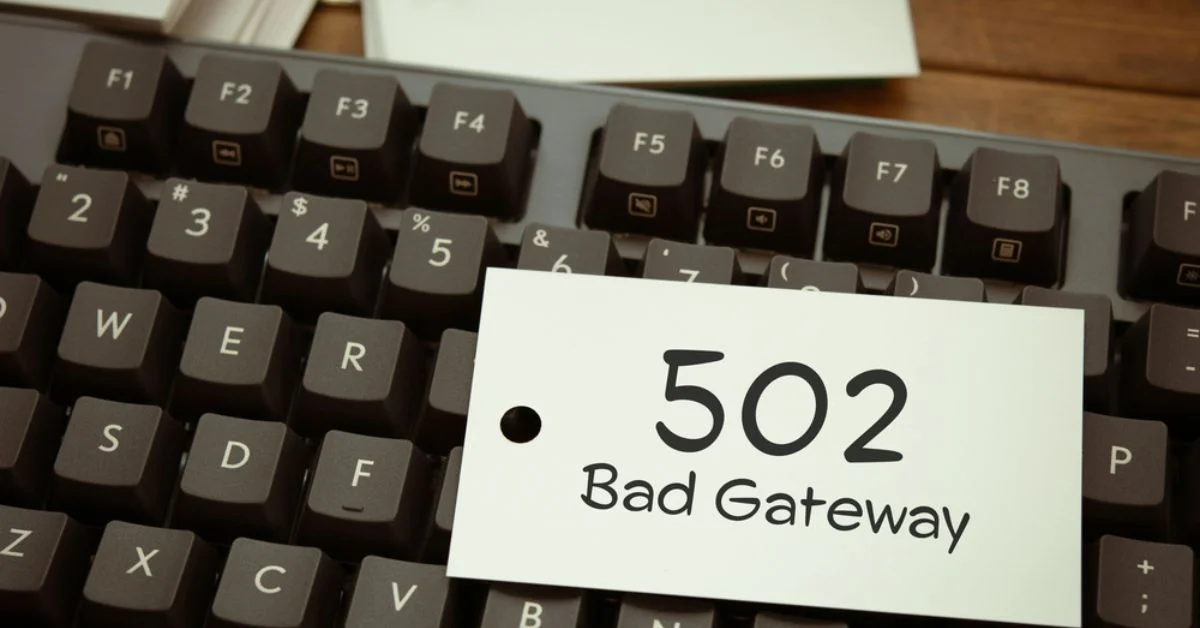Discover essential website security best practices to protect your site from threats, prevent breaches, and keep your data safe from cyber risks.
A web attack occurs approximately every 39 seconds, and an average of 30,000 websites are hacked every day. If that doesn’t give you a shiver, then either you have fantastic web security, or you’re not even sure what web security is.

Regardless of your business, website security is more important now than ever before. Hackers are using advanced AI automation to scan your site for vulnerabilities and constantly creating malware to attack it when they find those vulnerabilities.
So how do you keep your business website secure? Keep reading for seven crucial website security best practices.
1. Use HTTPS Protocol
Is your website using HTTPS protocol? If not, that should be your main priority for your online security.
HTTPS protocol is essential for secure communication between a web server and a client. Additionally, it works to increase the basic security of all websites.
This lets your website users know that they’re visiting the proper server. If you’re not using HTTPS protocol, a hacker can manipulate the information on a page to steal personal information from your website visitors.
This is also important if you want Google to like you. Web browsers and search engines will flag websites that aren’t using HTTPS security protocols. They will let users know that the site isn’t safe to visit, and most people will heed the message and avoid your site.
Web browsers and search engines will flag websites that aren't using HTTPS security protocols. They will let users know that the site isn't safe to visit, and most people will heed the message and avoid your site.
2. Regularly Update Software
Software updates are necessary to keep your website running well, but it’s also one of the most important small business website security practices. You should always have the updated version of WordPress software, plugins, and CMS.
This is essential because newer software versions often include improved security features. Hackers can target vulnerable sites with outdated software simply by using automated cyber-attacks.
Keeping your software up-to-date reduces your website’s vulnerabilities. The best way to ensure your software is always updated is to use an automated tool that continually scans for updates and installs them as soon as they’re released.
3. Manage Your Passwords
Are you using your pet’s name as a password for everything? The importance of frequently changing your password cannot be overstated enough. It’s one of the most important website security tips.
Passwords represent the highest security risk if they’re not managed properly. Weak passwords can be cracked using the most basic hacking knowledge.
To prevent a hacked website due to poor password practices, change your password at least every six months and make the passwords complex with an alpha-numeric mixture that is difficult to crack.
There are many browser extensions and password manager tools that you can use to securely store your complicated passwords so that you don’t need to remember them.
To prevent a hacked website due to poor password practices, change your password at least every six months and make the passwords complex with an alpha-numeric mixture that is difficult to crack.
4. Keep Your Personal Devices Secure
Your personal devices are a threat to your website security if they are not properly secure. Hackers can steal FTP logins through your personal computer and can then access your secure website.
Using your personal devices as a gateway is one of the easiest ways for hackers to attack your site, regardless of how many safety practices you have employed.
You should use antivirus and anti-malware software on your personal computer as well as strong firewalls.
Your employees need to ensure that their personal devices are secure too so that you close off any possible gateway to your website.
5. Backup Your Website Frequently
Despite employing all the best security practices, you need to prepare yourself for the worst. As website security advances, so too does hacker technology.
If your website is attacked, it may leave your site unavailable and compromised. The best way to prepare for this is by regularly backing up your site. In this way, you can retain and restore all critical data if you find yourself a victim of a cyber attack.
If you don’t know how to back up a business website, look to your website host as most host organizations provide easy ways for companies to back up their sites.
6. Make Use of Security Tools
There are tools out there that can track your website security and help to prevent attacks on your site. You can use WordPress security plugins to add a firewall to your website as well as fight threats in real-time.
You may not be using WordPress but either way, your content manager most likely offers security add-ons that you should make use of.
Run security audits often to identify vulnerabilities so that you can take steps to improve security and patch up weak points. Use a vulnerability scanner to do this as it mirrors what hackers would be doing to find holes in your site — but you’d be finding them first.
Use a vulnerability scanner daily to monitor your security. There are user-friendly options if you’re not comfortable operating the more technical and complex versions.
Run security audits often to identify vulnerabilities so that you can take steps to improve security and patch up weak points.
7. Limit Access
One of the easiest secure website tips to employ is to simply incorporate adequate access control measures. The vast majority of cyber attacks are due to human error. So, you and your employees should be aware of cyber threats and cybersecurity best practices.
Every single employee does not need access to your website. Furthermore, you can define different access permissions for different employees.
If you limit user access, you limit the number of people who may make an error that jeopardizes your website’s security.
Do You Have Adequate Website Security?
How many of these website security best practices do you already follow? And have you recognized weak areas that you could improve? It’s important to put time and effort into keeping your site secure so that you don’t fall victim to a nasty cyberattack.
If you’re concerned about your website’s security, we can help. Check out WhatArmy’s service library to get an idea of what we can offer you, or simply give us a call so that we can talk about making your website secure.


%402x%20(2).svg)

%402x%20LIGHT.svg)

